4th April 2019
In the interview translated here, Gurdała highlights how EIT Health responds to innovation trends in healthcare
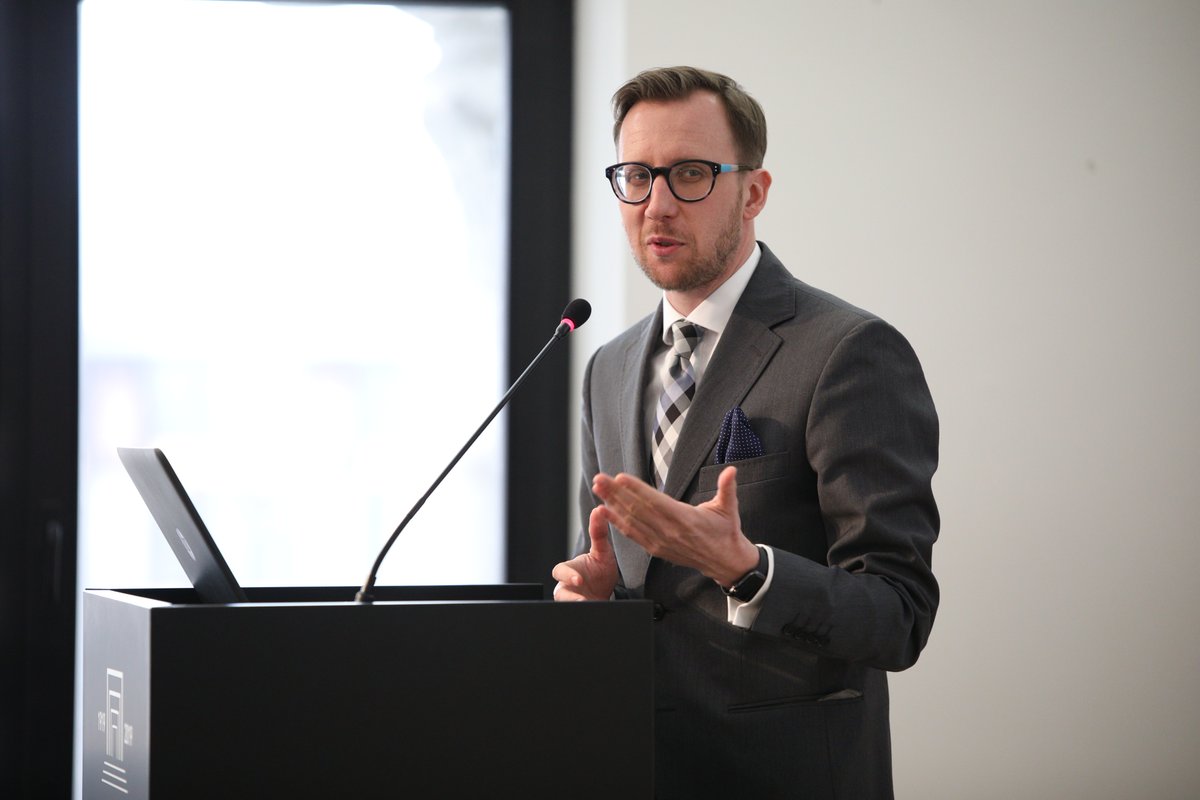
If Polish physicians or medical students want to keep pace with changes, they have to educate themselves now, Mikołaj Gurdała, Innovation Manager & Regional Manager North-Eastern-Europe, EIT Health InnoStars, told the Polish medical website MedExpress.pl.
His interview about medical trends, published in Polish in March, is translated into English here.
medexpress.pl: How far are we from the moment when artificial intelligence will diagnose patients and prescribe them drugs? What other inventions will influence the future of medicine?
Mikołaj Gurdała: Virtual and augmented reality (VR/AR) will have the most significant impact on the future of medicine, due to it, specialists will be able to develop their skills and drug manufacturers will simulate new particles. It will allow to rationalise costs of clinical studies. The second revolutionary area is the artificial intelligence (AI). According to the live polling that was conducted by us during EIT Health Summit in December 2018, the vast majority of experts from the field of health and innovation believes that AI will play a key role in diagnosing neoplasms already in 2022. However, we will have to wait 20 years for its extensive use in medicine. It does not mean that it will entirely replace physicians.
However considering that AI is able to process great amounts of data faster, it can provide great support, the control of the so-called second hand and more effective use of resources. Nowadays, there is a deficit of specialists in anatomical pathology and histopathology in many countries. This field of medicine is perfect for digitalisation. On the basis of great amounts of data, it is possible to create algorithms of correct procedure. Initially, it can generate opposition of specialists who believe that no artificial intelligence is able to replace their extensive experience. The truth is, however, that it will facilitate their work eventually. A computer can verify a physician, who can verify the computer.
Are health professionals ready for such changes?
MG: Proficiency in new digital and innovative technologies in medicine will be a necessity in 10 years. If Polish physicians or medical students want to keep pace with changes associated with digital health, biotechnology and medical technology, they have to educate themselves starting from today. It is one of the keystones of our activity. We also help young entrepreneurs or students to verify their ideas and place these best ones on the market.
What educational projects can be found in EIT Health?
MG: One of the examples of our programmes, pursued in cooperation with GE Healthcare, is a HelloAI summer school. The programme educates future healthcare professionals in the scope of possibilities offered by artificial intelligence – technology which in the nearest future will help us to meet the challenges such as population ageing, more and more frequent incidence of chronic diseases and lack of specialists in the fields such as radiology and anatomical pathology.
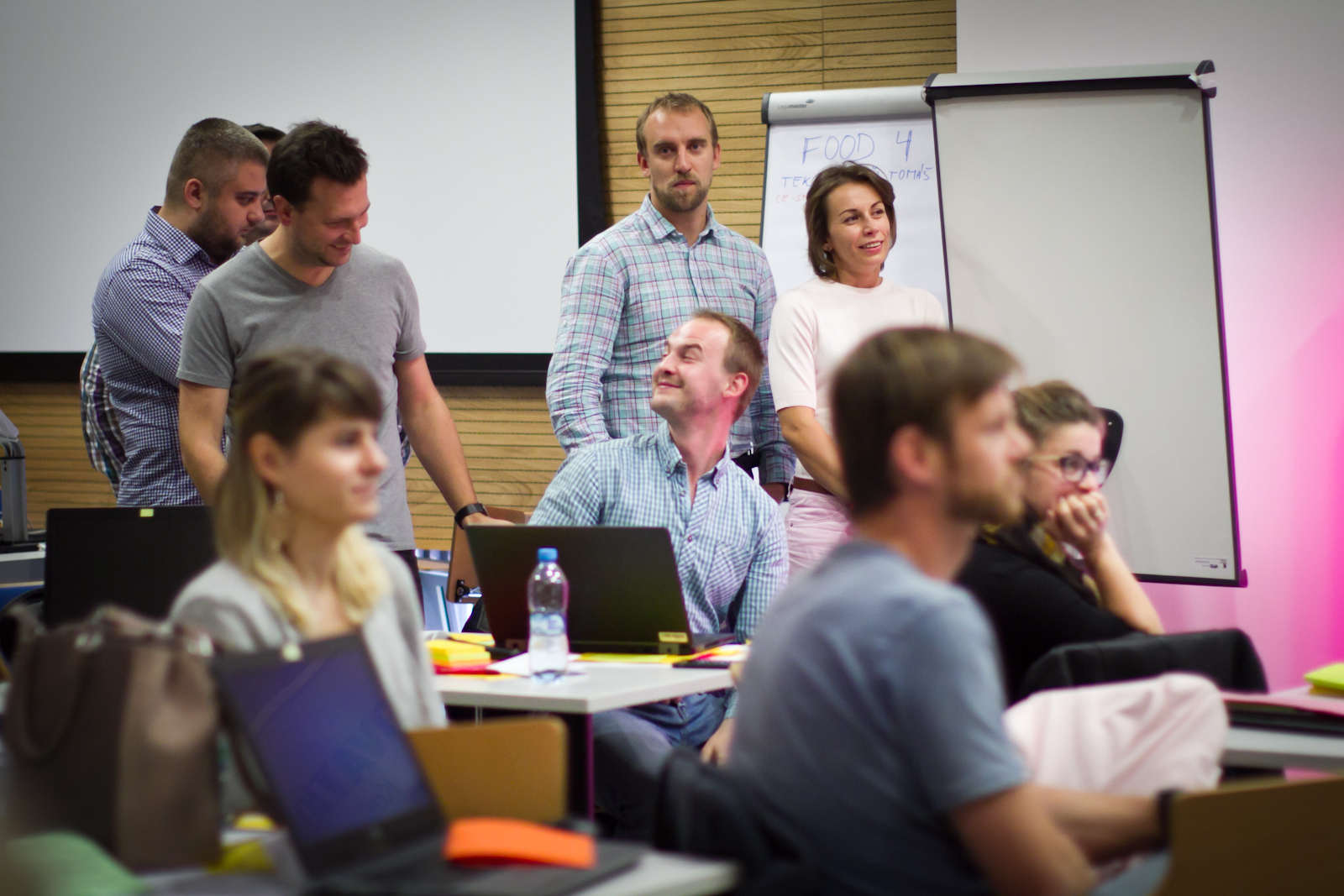
The LS HARD SKILLS programme, on the other hand, offers trainings for researchers and entrepreneurs in the scope of biotechnology and medical chemistry. It develops entrepreneurial and technological skills in the scope of entrepreneurship or technologies that can, for example accelerate the development of new drugs. In the scope of ETI HiEN, we established a platform for educators allowing exchange of experiences and innovative knowledge presentation in the scope of educational tools with the special consideration given to digital initiatives. It provides support in the scope of coaching and mentoring.
Do you pursue such programmes in Poland?
MG: The Centre for Innovation and Technology Transfer of the Medical University of Lodz pursues such programmes as ‘SMART-UP LAB’ with us. The programme is for students, PhD students and entrepreneurs.
They take part in training which improves their competences in entrepreneurship and supports the development of their inventions until their commercialisation. The participants confront practical challenges prepared by companies.
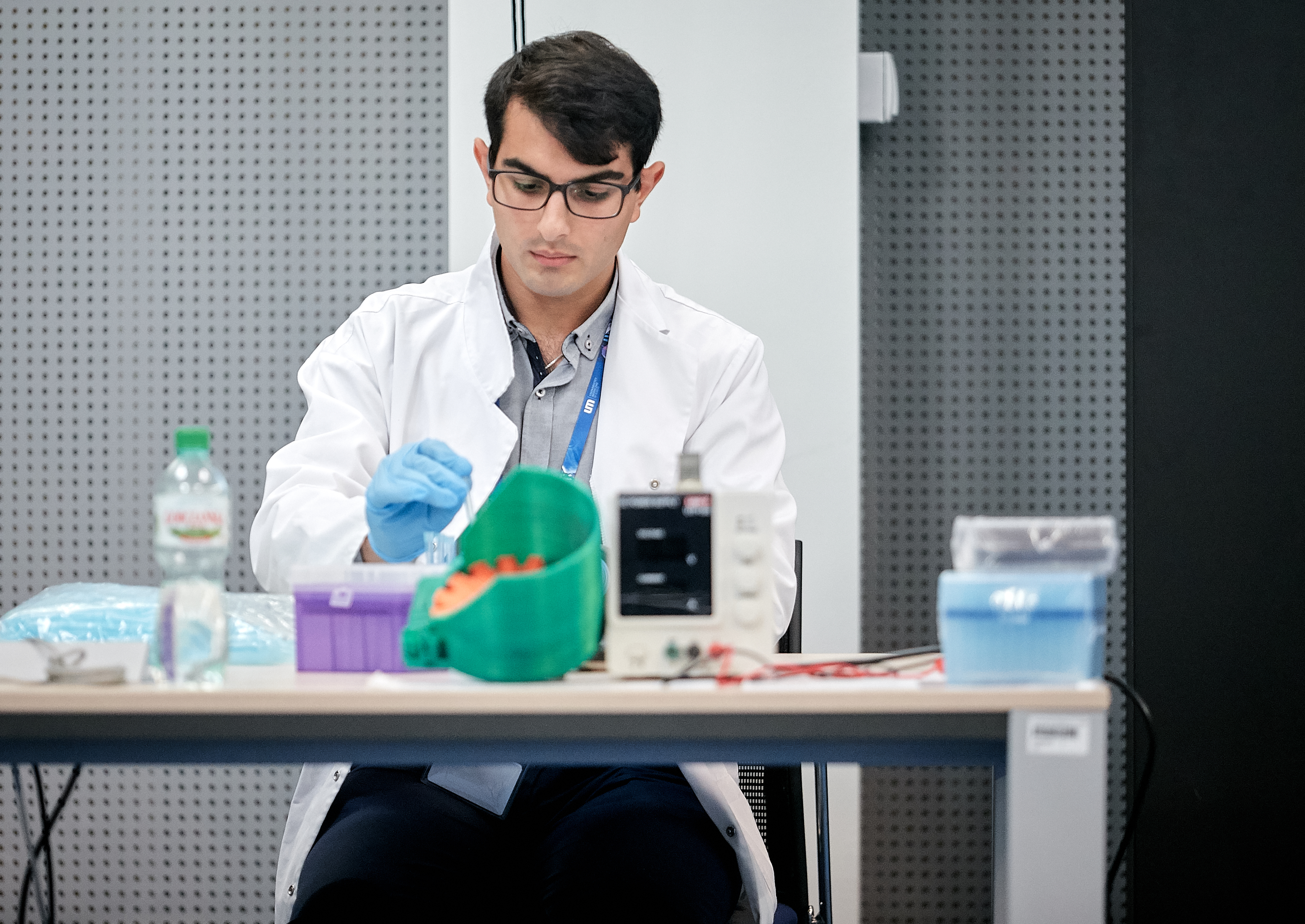
They receive constant help from mentors and have an opportunity to present the project directly to the investors. The distinguished teams can take part in study visits abroad and receive funds for building prototypes. The programme is a perfect opportunity to establish one’s own start-up and enter the market.
The Medical University of Łódź takes part in ‘CLOSE- Automated glucose control at home for people with chronic disease (2016-2020)’, an international project sponsored by EIT Health, the aim of which is to create an ‘artificial pancreas’ for adults with type 2 diabetes as well as an IT platform for monitoring of such treatment. The Medical University of Łódź along with the Catholic University of Leuven are particularly involved in the educational part of the project. It is about educating patients, nurses and other health professionals how to use this innovative technology.
Are such educational programmes for young people only?
MG: No. Silver Starters is a programme that supports adults who are at least 50 years old in establishing new companies operating in the field of healthy lifestyle and active ageing. More and more older people want to do it. An eight-week, individual educational trial allows them to become acquainted with the fundamentals of entrepreneurship.
Are there any projects of EIT Health that became implemented?
MG: In Sweden, for example, the result of those activities was the establishment of blood tests which qualify patients for biopsy for diagnosis of prostate cancer. Thanks to it, 50% of patients do not have to undergo the biopsy. At the end of last year, the test was implemented in all hospitals in Sweden. As a result, the team that prepared it is developing another project.
Are you an incubator for ingenious ideas?
MG: Yes, we are. Only in 2018 we verified over 1000 ideas from the field of health and healthcare. We have special paths for innovators at various levels of development of their products. We also launched a special platform at https://innostarter.eithealth.eu, where it is possible to search for the best programmes for the development phase of a given start-up. If you do not have a prototype yet, but you have a well-outlined idea, you can take part in one of bootcamps, i.e. intensive mentoring sessions aiming to verify your idea, and help prepare a business plan together with experts.
If your idea is at the stage of prototyping, you can take part in InnoStars Awards competition, where the participating teams will receive mentoring and access to a networking web and the best teams will additionally receive financial prizes for subsequent development of their products, worth EUR 50 thousand in total. More advanced start-ups, on the other hand, can take part in e prestigious competitions, such as European Health Catapult or Headstart Funding.
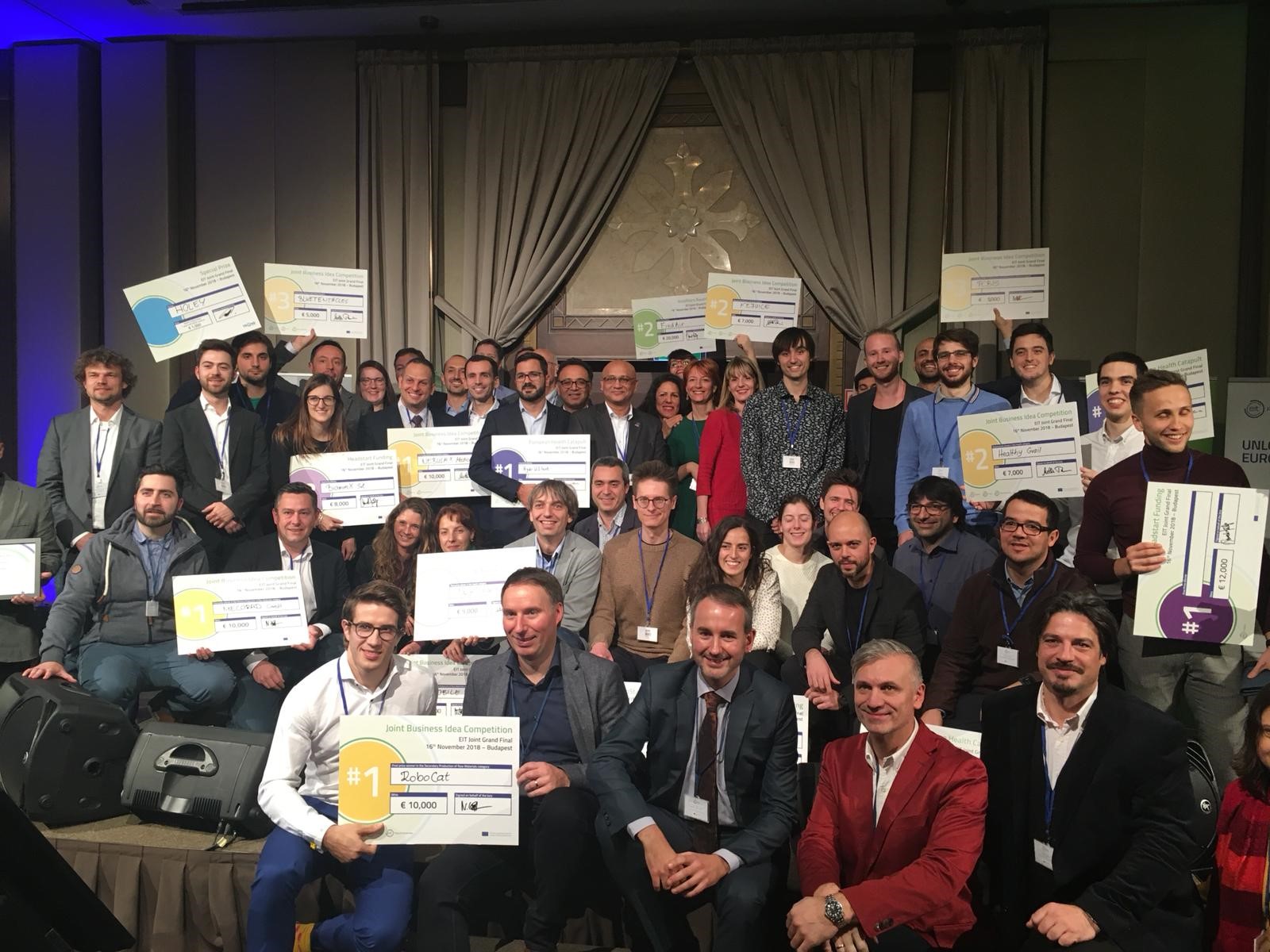
Have the start-ups in the development of which EIT Health is involved have already provided some practical solutions?
MG: Yes, some start-ups that we supported achieve success on the market. One of them is SensDx, a Polish company, which won in one edition of InnoStars Awards. Today it offers diagnostic devices for individual users and physicians, for example for detecting influenza virus.
You connect start-ups with large concerns. Is this how innovation is placed on the market?
MG: In the scope of EIT Health, we connect young innovators with the best universities of medicine, technological companies, and research and development centres in order to commercialise the cutting-edge medical solutions. However, at the beginning we always strive to define the need. If we provide a medical professional with a small box with information that artificial intelligence will support its clinical decisions basing on algorithms, they will not know what to do with it. The situation looks different when a physician defines the need themselves. In the scope of a given need, our activities involve connecting those who will use such solutions with those who will create them. And such a situation occurs when we take into account the project pursued by specialists in pulmonology from the Medical University of Łódź.
To meet the requirements of patients suffering from chronic obstructive pulmonary disease that need chronic diagnostics and monitoring, a telemedical diagnostic device will be developed. Hospitalisation of a patient will not be necessary and the device will measure various parameters and send them to the physician. This project is pursued by companies from Sweden and Spain. In the scope of European Health Catapult, we helped a French start-up to develop the design of Sleepiz. It is a device that, without a necessity to attach diodes to the patient’s body, monitors the sleeping parameters, which enables to diagnose sleep apnoea, in the patient’s house and in a contact-free and wireless manner. The patient does not have to sleep in a sleep laboratory but in their houses. The data are sent to the physician. Another invention is a biodegradable, antibacterial stent – HydrUStent – which decreases the risk of bacterial infections and reduces the necessity of additional surgical procedures, thus reducing the treatment cost by 60%.
This interview was originally held in March 2019 and published in Polish here.
New data shows AI innovation needs skills beyond coding
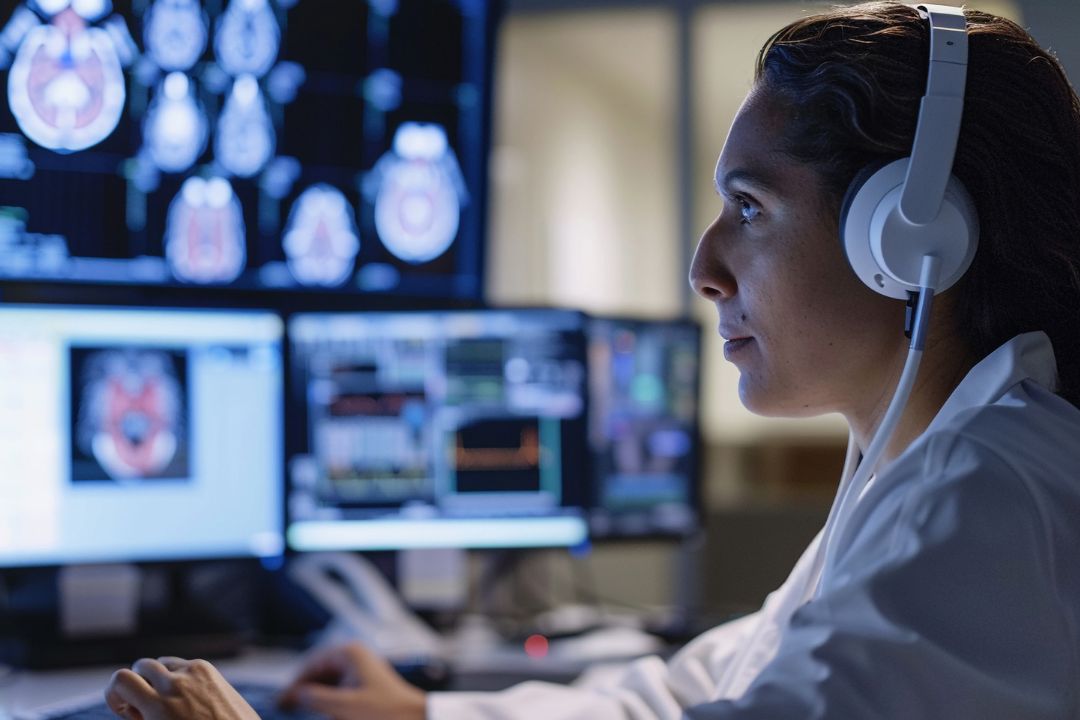
The largest live dataset of AI start-up talent analysed.
Europe's top health start-ups take centre stage: EIT Health Catapult winners are revealed at HLTH Europe

2025 Catapult programme winners announced.
Finding Europe’s next healthtech leaders: Insights from Antoine D’Hollander
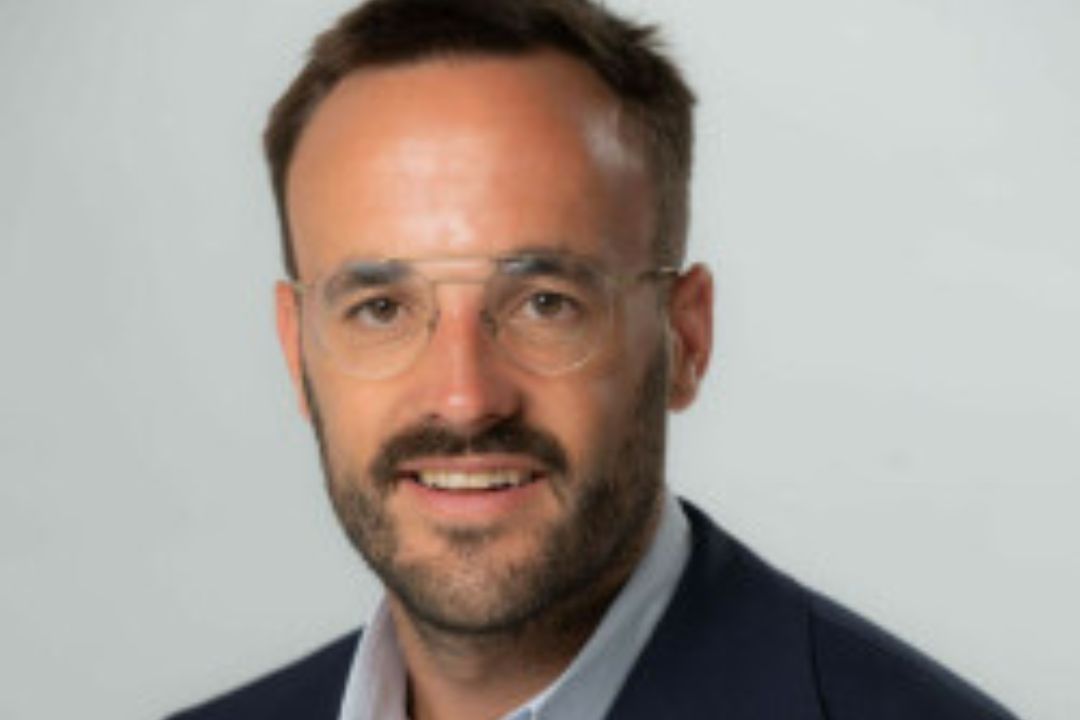
Insights from Antoine D’Hollander, Capricorn Partners.